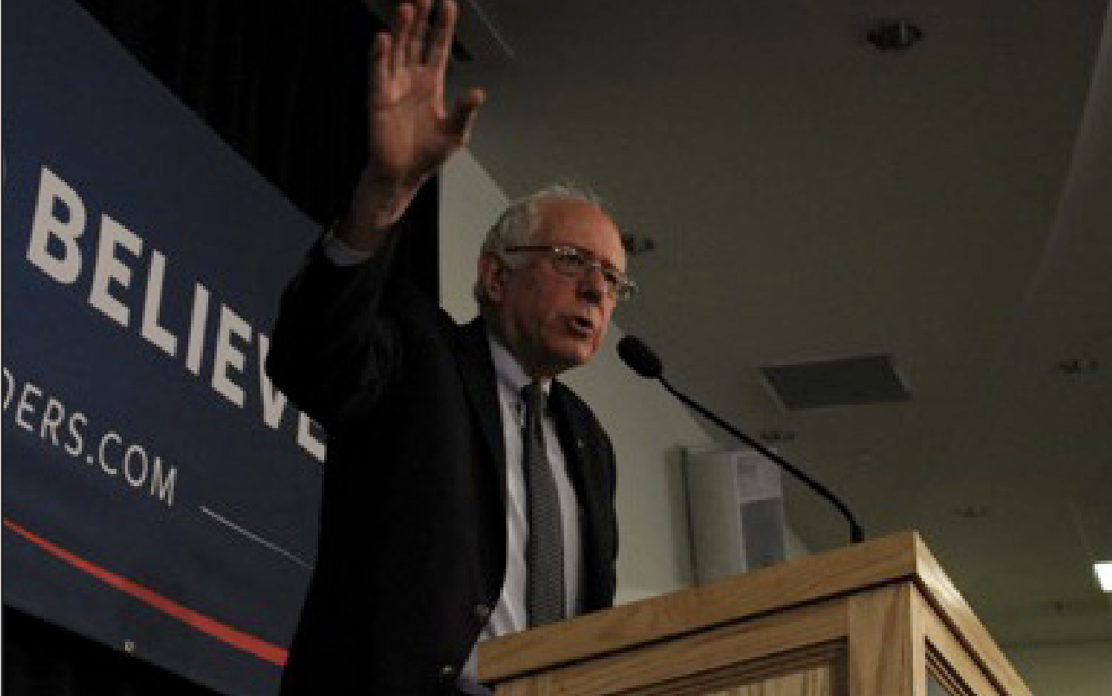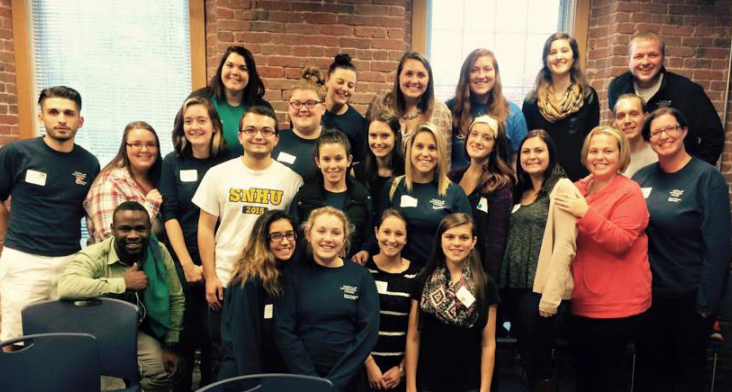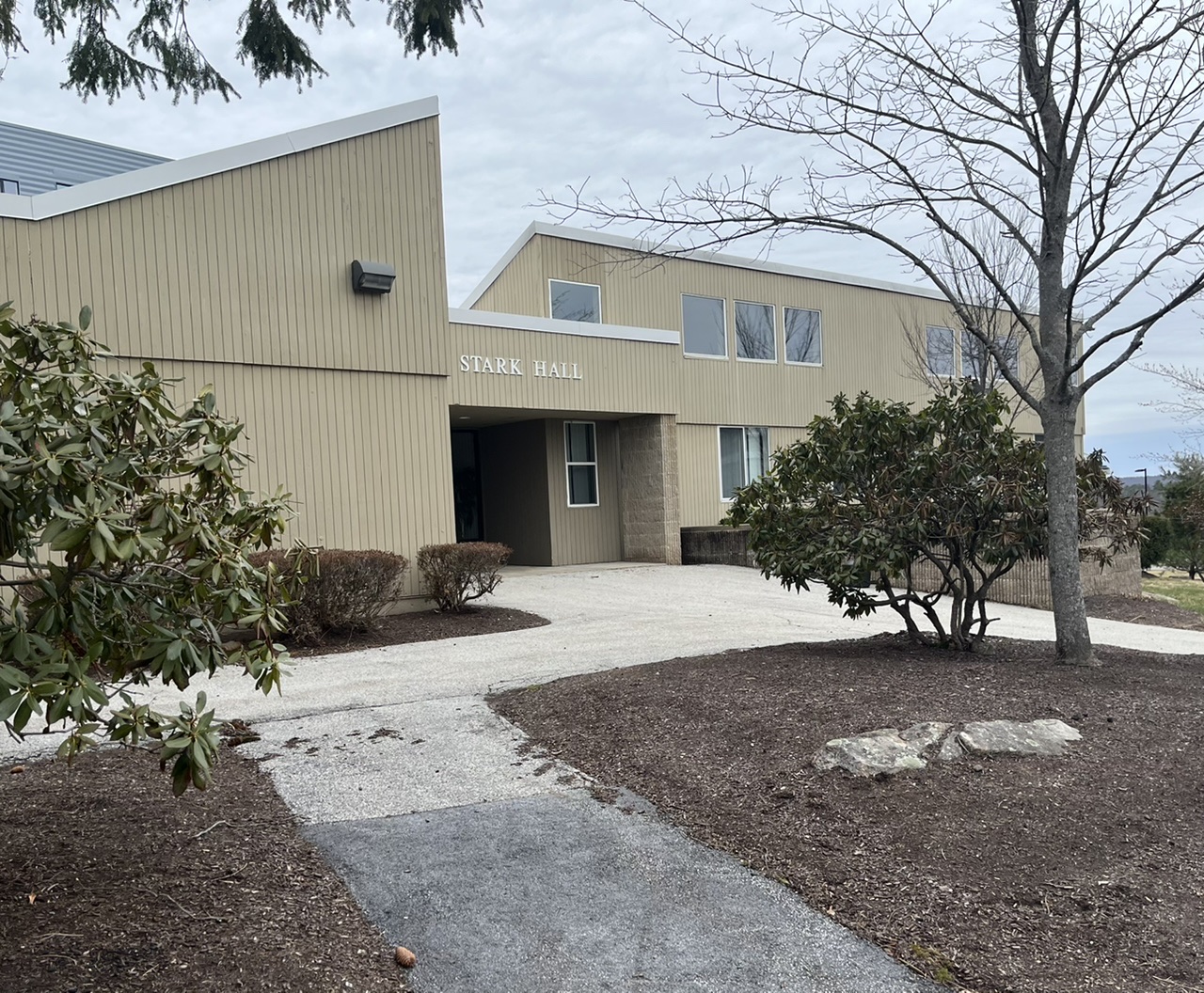The second floor of the Dining Center hosted Democratic Presidential Candidate Bernie Sanders on Jan. 21. Although there was little advertising for the event, many students, faculty, and members of the public attended to hear Sanders give his stock speech focused on income inequality, and to hear his call to action to vote in the primary for the spirit of causing a political revolution.
Sanders reiterated that he believes “we need a political revolution in this country” because he “cannot do it alone” and “the government belongs to all of us and not just a few billionaire campaign contributors.”
With Sanders’ growing popularity in the national polls, and New Hampshire’s Primary right around the corner, the event received both national and international attention from media outlets such as CNN and Nippon TV, a Japanese news station.
Sanders did not reveal any breaking news in his speech, but he did emphasize his environ mental philosophies in saying he is against fracking and the natural gas pipeline when questioned by an audience member. Sanders also expressed his desire to expand energy efficiency in the United States and work to break American Dependency on fossil Fuels.
Environmentalist and novelist Bill McKibben Expressed his support for Sanders, his policies, and the “authenticity” of Sanders’ campaign in his introduction of the candidate. McKibben claimed that a candidate cannot be phony to the people of Vermont and New Hampshire, because they would know it, and attested to Sanders’ claim that he truly is for the “little guy.” This provided the context for Sanders’ speech to emphasize his initiatives to be a green president, which has not yet been a significant plug in his campaign.
Presenting his usual points, Sanders expressed his outrage for income inequality, billionaires abuse of power and their monetary influences in government, student debt and high education costs, the need for reform in the criminal justice system, and the lack of expansion of social security for seniors and disabled veterans. Sanders received great applause from the crowd when he stated that he “will not nominate anyone to the Supreme Court unless they’ll overturn Citizens United.”
Sanders strongly encouraged young voters to go to the polls and vote, with the assumption that they would vote for him and spark a revolution in this country where the masses join together to influence the government instead of just the wealthy few. Sanders cited the Koch brothers as a quintessential example of unbelievably rich citizens who use their money to influence politics all across the United States. “The middle class bailed out Wall Street; it is now Wall Street’s turn to bail out the middle class,” Sanders said.
The college vote, or the young vote, has notoriously been underrepresented in presidential elections because of the lack of participation. Many voters wait until the November elections to cast their votes when they have less headache inducing options, but the young population has been even less motivated to get to the polls on Election Day.
Sanders’ plea demonstrated that the campaign’s main goal in the weeks leading up to the primary on Feb. 9 was to motivate college students to vote regardless of who they supported. The campaign seemed to assume that a large percentage of college students were in support of Sanders.
The Sanders campaign may not be incorrect in thinking that he has a high favorability among college students, but the primary will determine whether or not Sanders’ campaign successfully motivated young voters to go out and vote, regardless of their party and presidential preference.




